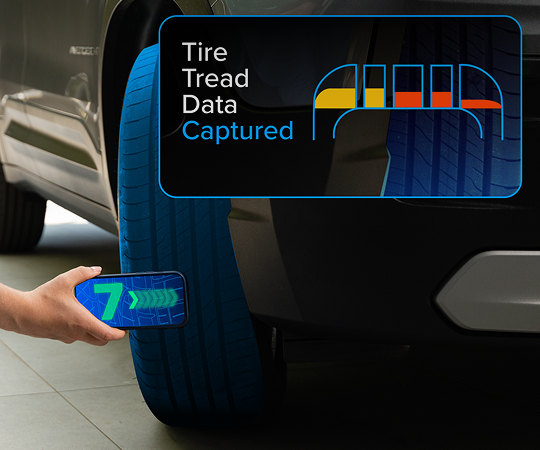
AI is Transforming Fleet Operations on Multiple Levels
Artificial Intelligence (AI) is moving into all areas of fleet operation at a fantastic rate, and with that comes good outcomes for companies able and willing to embrace it. In a recent interview with Amir Sayegh, a day product discovery professional at Geotab, we discuss how AI is transforming fleet operations. It’s fascinating information that any fleet manager needs to consider.

Exploring the Automotive Sector in New Ways
AI technology is moving into what could easily be considered one of the most traditional sides of the automotive industry: fleet management. It is doing so in numerous ways, especially in creating improved efficiencies throughout the industry. In discussing this, Amir shares the following, sharing that Geotab has been “in the commercial transportation space for more than 23 plus years, and we build hardware, software that allows you to extract data and connected data from your vehicles as a fleet.”
The company has been using big data for more than 23 years. “We’ve been specifically focused on AI the past six or seven…including using machine learning.” He’s most excited about the democratization of access to data.

It’s Not a Simple Way Forward Though
Change is always happening in the industry, and AI’s move into it is making a big statement. Amir shares, “There’s a lot of pressures like the fallout of the pandemic and supply chain disruptions. We’re seeing that vehicle ages are having to go up. People are holding onto their vehicles.” He also notes, “There’s also that drive to reduce costs, reduce fuel consumption to be safer.” He also recognizes the decarbonization that’s occurring in fleets through electrification and other methods.
How do you take all of that and apply AI to the process to streamline operations and improve outcomes? According to Amir, there are several steps to that process.
“One is, in the case of Toyota, we have 4 million connected vehicles at the moment. We just celebrated that three months ago. And so by looking at the movement of all these vehicles going around, we can apply benchmarking techniques which rely on AI.” There are some concerns, though, since there are no standards in the industry yet. But, it is possible to take the data-driven approach and not that the driver is over-indexing on fuel consumption, and that means fuel consumption could be lowered.
Amir says the second component is a paradigm shift, noting “Generative AI and its ability to democratize access to your data…” What it means is that AI is not simply a chatbot. He shares, “It is able to reason, look at data and also make assurances and come back and look for anomaly detection.”
What is leading the push, and why is this shift taking place in fleet management? The answer is more complex, but Amir makes it easy. “I think over the years maturity is going up in the industry as a result of competition and companies like GeoTab pushing for what we call our data intelligence and actionable insights and all that. So we’re starting to see that demand shift towards like: I need that data in order to better run my fleet so that we’re seeing both the environmental factors and the intrinsic factors as well.”

How Can Fleets Move Towards This Field?
There is no doubt that new AI technology is moving into fleet operations more readily than ever, but the question is how – how can any fleet manager or company move towards this and manage the fast-changing environment with success? Amir offers a solution sharing, “And so we always advise people to think big, start small. Now, there’s power in small data. Make sure you’re set up to collect the data at least. And it’s a marathon, not a sprint. Does that make sense?”
What’s interesting to note is that fleets and companies that adopt this technology now are likely to benefit early on and even right away, lowering costs, improving efficiencies, and achieving better outcomes right away. That makes the move a sensible one from all areas.



